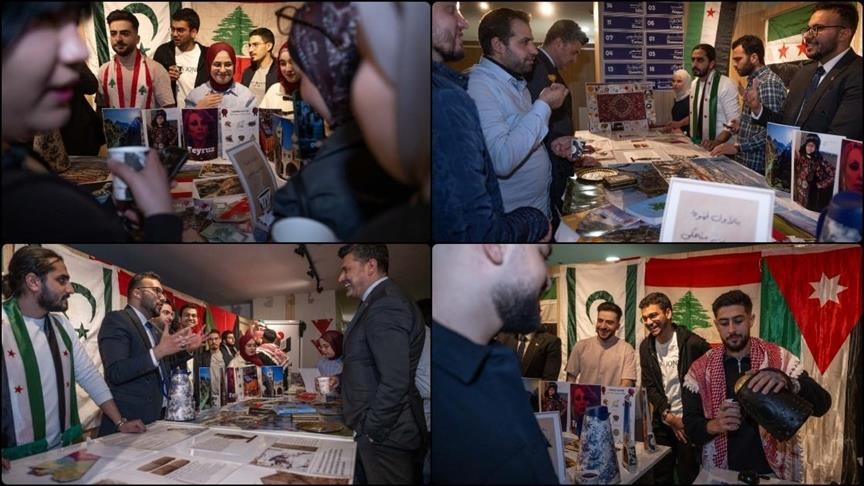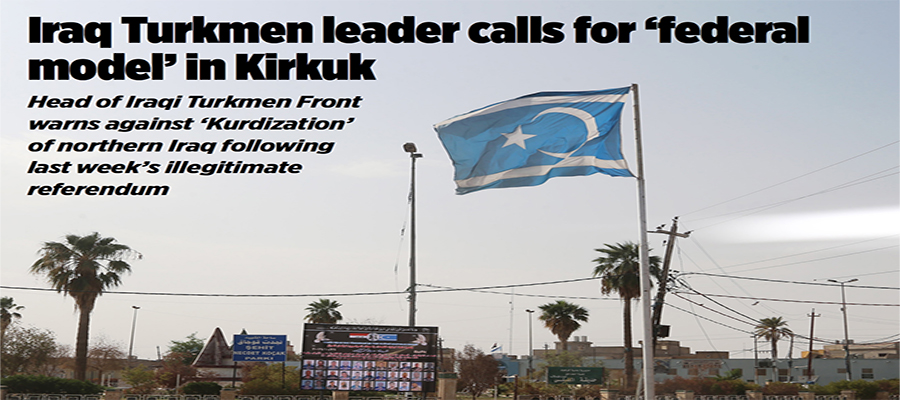ENGLISH
Iraq Turkmen leader calls for ‘federal model’ in Kirkuk
Head of Iraqi Turkmen Front warns against ‘Kurdization’ of northern Iraq following last week’s illegitimate referendum

ANKARA
The Iraqi Turkmen Front (ITF) is calling for a “special federal model” in the city of Kirkuk, an ITF spokesman told Anadolu Agency on Wednesday.
“This is also in line with Iraq’s constitution,” spokesman Ali Mehdi said, noting that, since 2006, Arab and Turkmen members of Kirkuk’s provincial council had requested that Kirkuk be granted “federal” status.
According to Mehdi, the Turkmen people have never shown hostility towards their Kurdish neighbors. Nor have they ever taken part in any armed campaigns against specific religious or ethnic groups, he said.
He went on to attribute Iraq’s current precarious situation to “erroneous policies” pursued by Washington.
“The U.S. has never worked in the interests of Iraq’s unity or prosperity,” he said.
Pointing out that Iraq’s post-invasion governments since 2003 had been largely dominated by Shias and Kurds, he lamented the “political isolation” now faced by the country’s Sunni Muslims.
This situation, he said, had given rise to various terrorist groups like Al-Qaeda, which, he asserted, were covertly supported by the U.S. and some other states.
“Iraq’s Turkmen population is roughly two thirds the size of its Kurdish population,” Mehdi said. “But none of the country’s leading positions are held by Turkmen.”
-‘Kurdization’
“If Turkey had taken part in the 2003 U.S.-led invasion of Iraq and Turkey’s parliament had approved the ‘March 1 mandate’, there would be almost six million Turkmen in Iraq today,” Mehdi said.
Had it been approved, Turkey’s “March 1 mandate” -- proposed in 2003 -- would have allowed U.S. forces to strike Saddam Hussein’s forces from Turkish bases.
But Turkey’s parliament rejected the proposal, severely complicating Washington’s invasion plans.
Mehdi also compared former Iraqi President Saddam Hussein’s demographic policies to those of Kurdish Regional Government (KRG) President Masoud Barzani.
“Turkmen were Arabized during the Saddam era,” he said. “And since 2003, Barzani has implemented similar policies towards Iraqi Turkmen.”
“Barzani has tried to ‘Kurdize’ the Turkmen,” Mehdi added, noting that, since 2003, between 300,000 and 500,000 Kurds had been settled in the city of Kirkuk.
Within the last decade and a half, Mehdi stated, large tracts of Turkmen land -- including some of his own family’s property -- had been appropriated by Kurdish newcomers.
He lamented: “There is no law in Kirkuk.”
Mehdi recalled how former Kirkuk Governor Najmiddin Karim -- after having been dismissed by Baghdad last month -- had said: “In Kirkuk, power speaks, not law”.
After the Daesh terrorist group overran much of Iraq in mid-2014, two groups had benefitted from the situation, Mehdi said: “The Kurds and the Iranians.”
“Before 2014,” he asserted, “Iran had lacked any influence in Kirkuk, Tuz Khormato or Mosul.”
Before Daesh’s 2014 onslaught, Mehdi added, Kurdish Peshmerga forces had stood at least 40 kilometers from Kirkuk and Erbil.
“But now they have entered Kirkuk, maintaining a presence 60 kilometers inside the province,” he said. “For the last three years, they have been delineating borders by digging ditches around the city.”
-‘Playing with fire’
Referring to last week’s illegitimate poll on Kurdish regional independence, Mehdi said: “Barzani is playing with fire. Turkey, Iran and Baghdad are all united [against the notion of regional independence].”
“There are [Turkish] military exercises on the [Iraqi] border right now,” he added.
Mehdi went on to assert that Washington, despite its stated reservations about last week’s poll, had surreptitiously supported the Sept. 25 referendum.
“There is no truth to claims that the U.S. opposed the referendum,” he said. “They [the U.S., the EU and Israel] seek to break up Turkey, Iraq, Syria and Iran.”
According to Mehdi, the U.S. is using its proxies -- including both Daesh and Barzani -- to accomplish its objectives in war-weary Iraq.
Mehdi also questioned the results of last week’s illegal poll, especially as they pertained to Kirkuk.
“Voter turnout in the illegitimate referendum did not exceed 20 percent in Kirkuk, but this was suppressed,” he said. “Even the voter registration offices in Kirkuk were fake.”
-Turkish largesse
Mehdi also accused the Iraqi government of failing to rebuild Turkmen villages recaptured from Daesh, saying many Turkmen communities had had to rely on assistance from the Turkish Cooperation and Coordination Agency (TIKA).
“Until now, no country has helped Iraq as much as Turkey,” he said.
Asserting that Iraq’s post-invasion Shia-led governments had largely failed to meet citizens’ needs, Mehdi lamented that Kirkuk continued to suffer acute electricity and infrastructure problems.
Highlighting Turkey’s importance to Kirkuk’s future, Mehdi said that the city’s Turkmen “owe their continued existence in Kirkuk to Turkey”.
“Without Turkey, there would be no Turkmen in Kirkuk,” he said. “And like Turkey, we don’t recognize this illegal referendum.”
He added: “Barzani’s KRG won’t be able to implement the results of this poll.”
According to Mehdi, Turkmen officials in Kirkuk remain under threat from seemingly random acts of violence, perpetrators of which remain largely unidentified.
“They want to intimidate Turkmen into leaving the region,” he said.
Mehdi went on to point out Turkey’s almost $10-billion annual trade volume with the KRG.
“But Turkey’s security is more important than this,” he said. “National security is Ankara’s top priority; protecting [Iraqi] Turkmen is its second priority.”
Mehdi urged Turkey, Iran and Iraq to work together to offset the adverse political effects of last week’s unconstitutional referendum.
He also noted that, ever since Ankara had warned of possible military intervention if Iraq’s Turkmen came under threat, no group had dared to enter majority-Turkmen parts of the region.
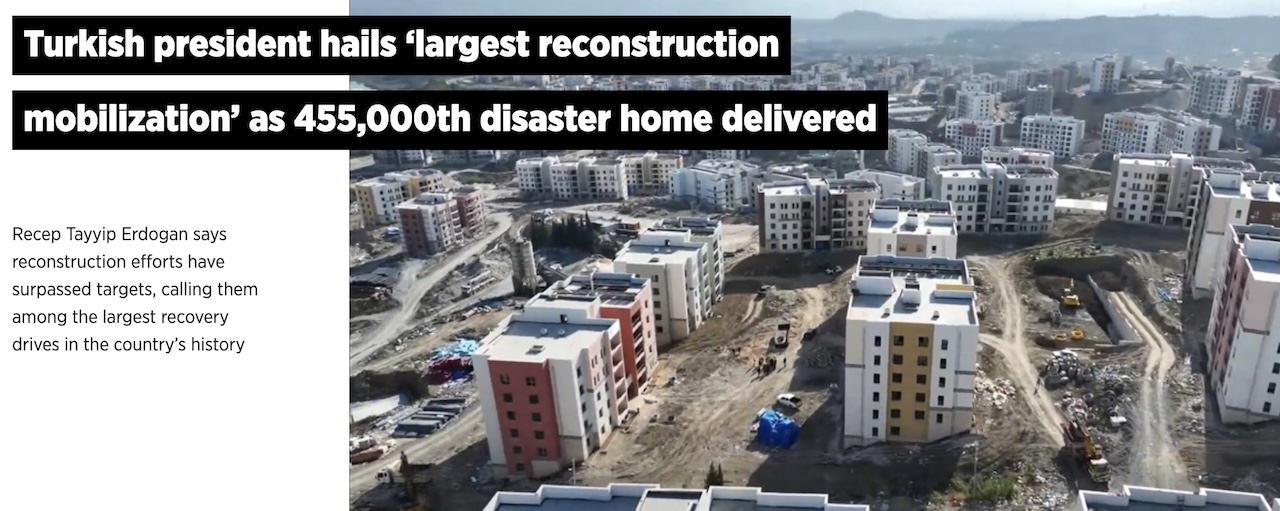
Türkiye delivered the 455,000th disaster housing unit to earthquake survivors
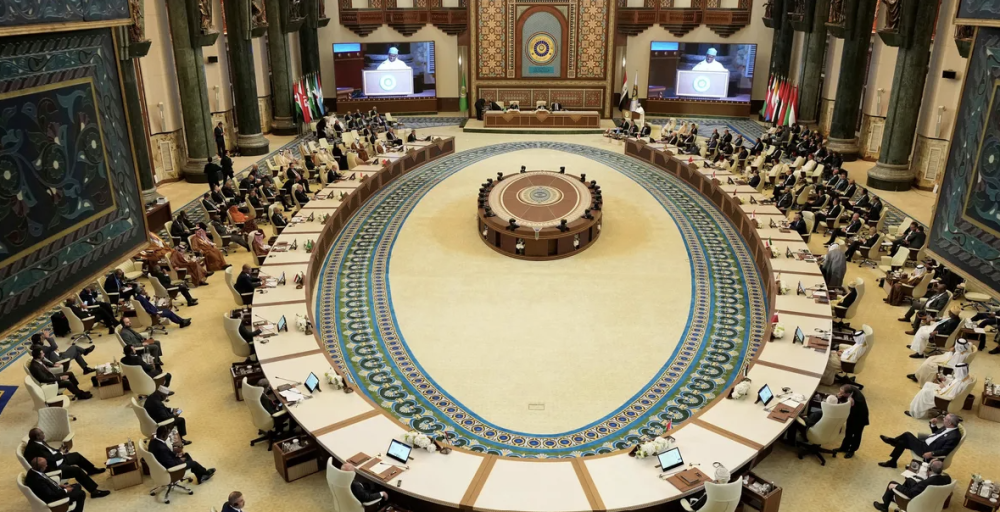
31 Arab, Muslim countries condemn Netanyahu's 'Greater Israel' goals

“Love in Scutari” Continues to Attract International Literary Attention
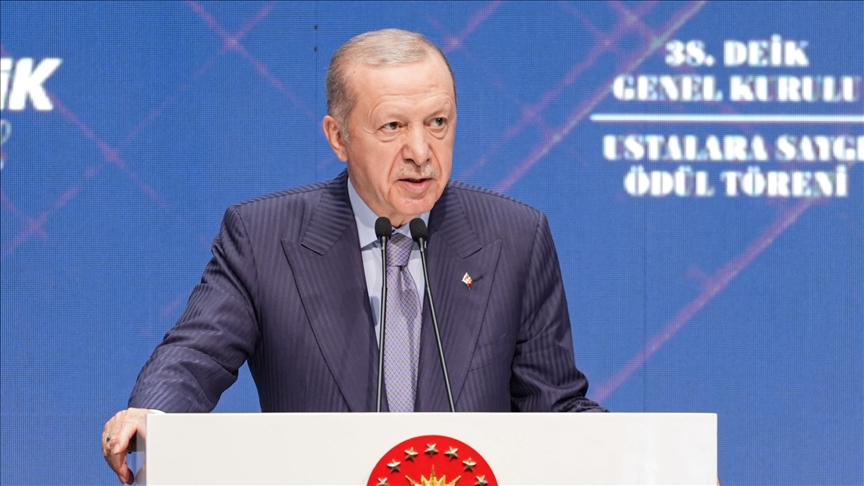
Geopolitical risks that began with Gaza genocide escalated by Israel’s regional attacks: Turkish president
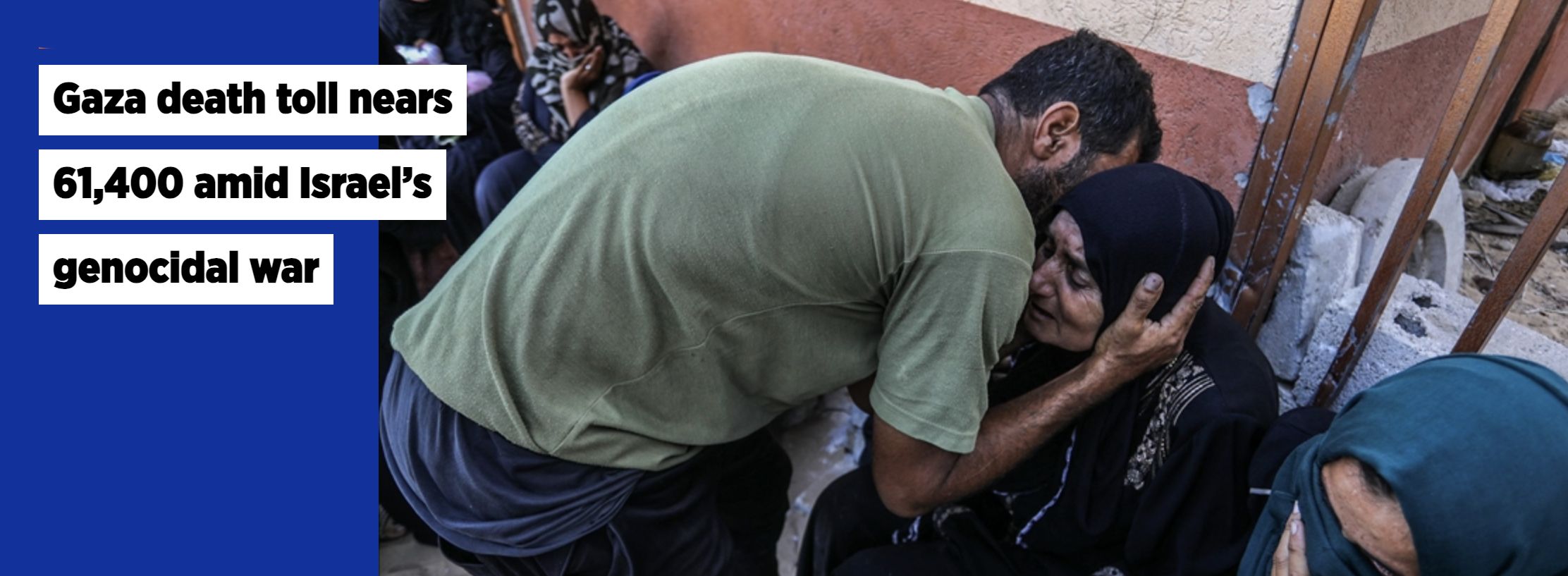
Gaza death toll nears 61,400 amid Israel’s genocidal war
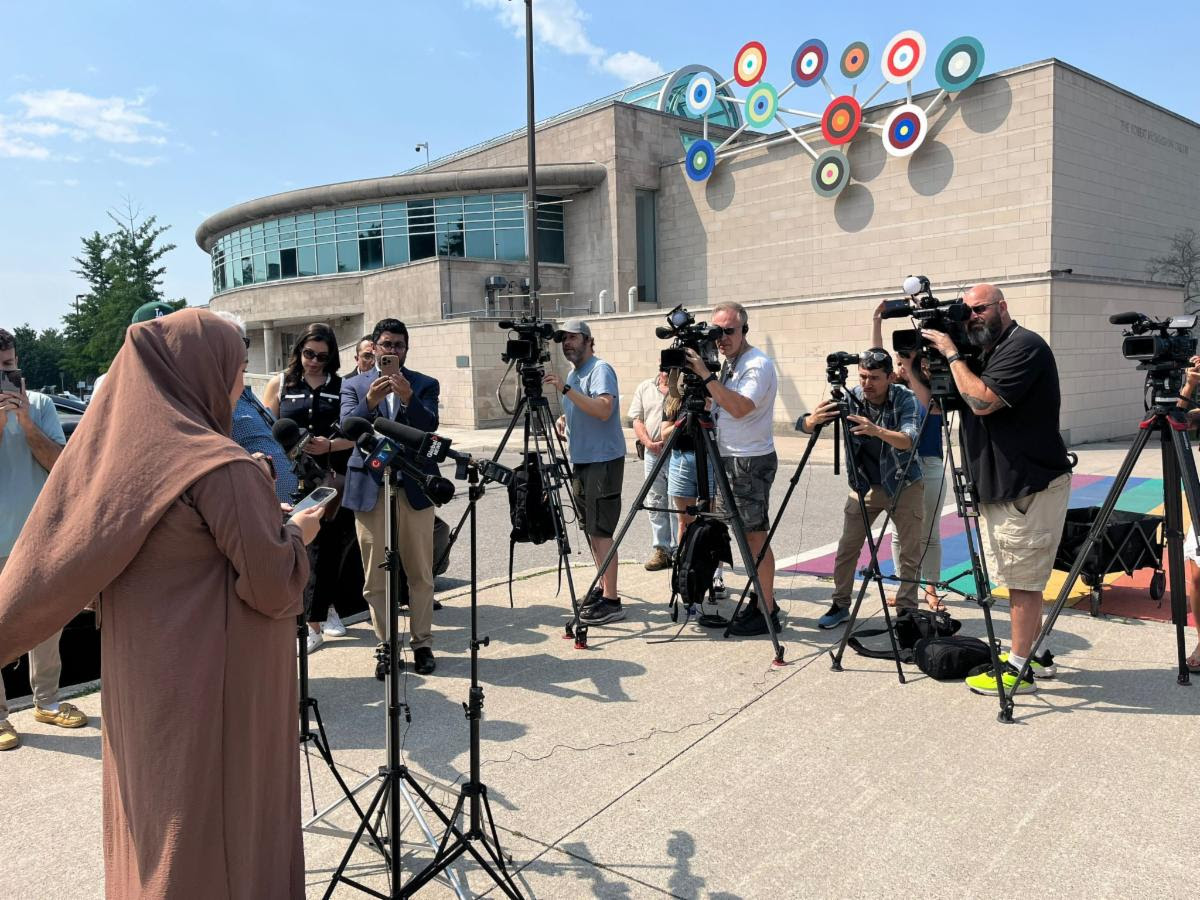
A Rise of Islamophobia in Canada
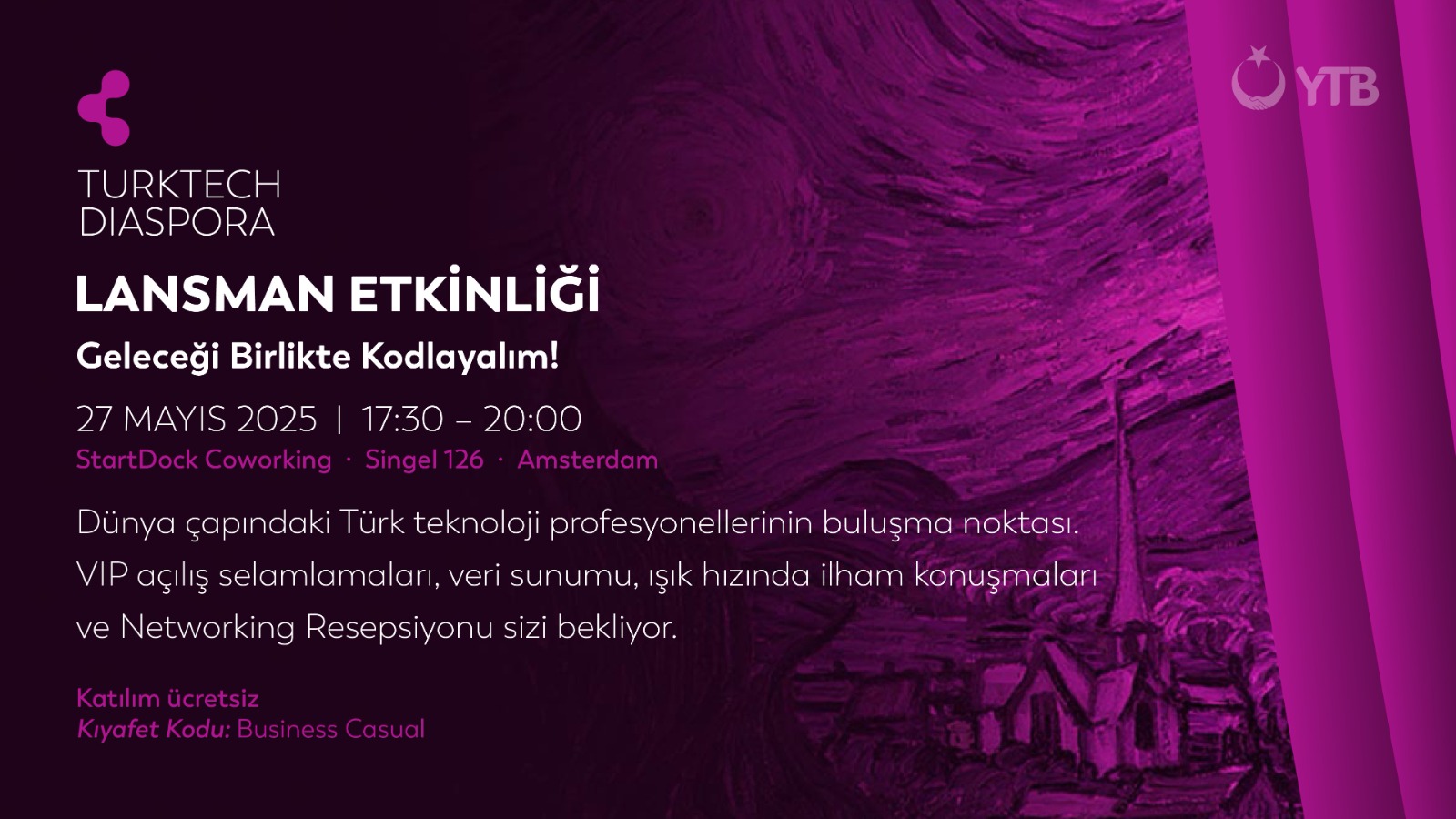
Turkish Technology Professionals from Around the World Meet on the TurkTechDiaspora Platform

Gaza death toll nears 53,300 as Israel continues its genocidal war
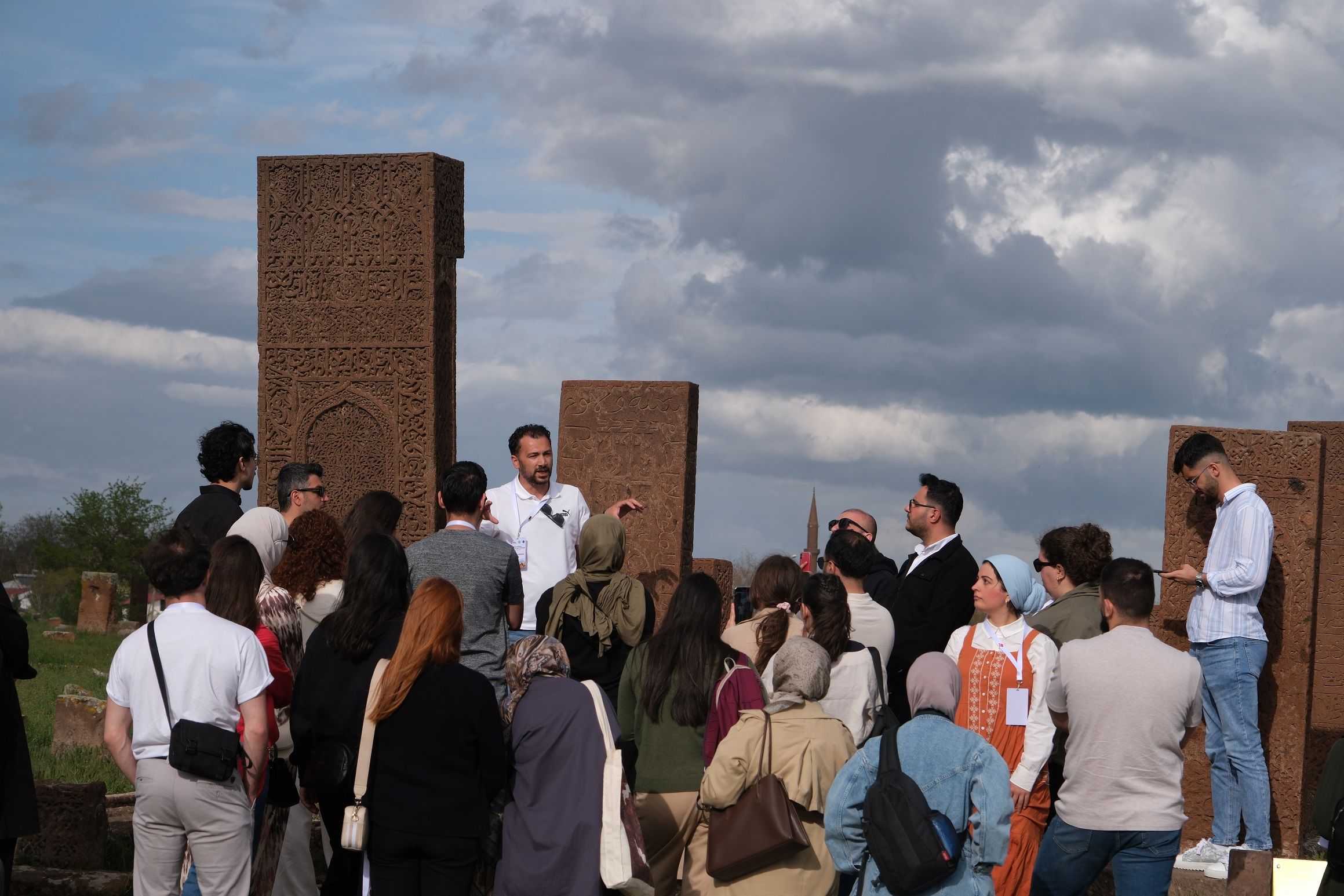
YTB sheds light on the Armenian issue in the shadow of historical sites
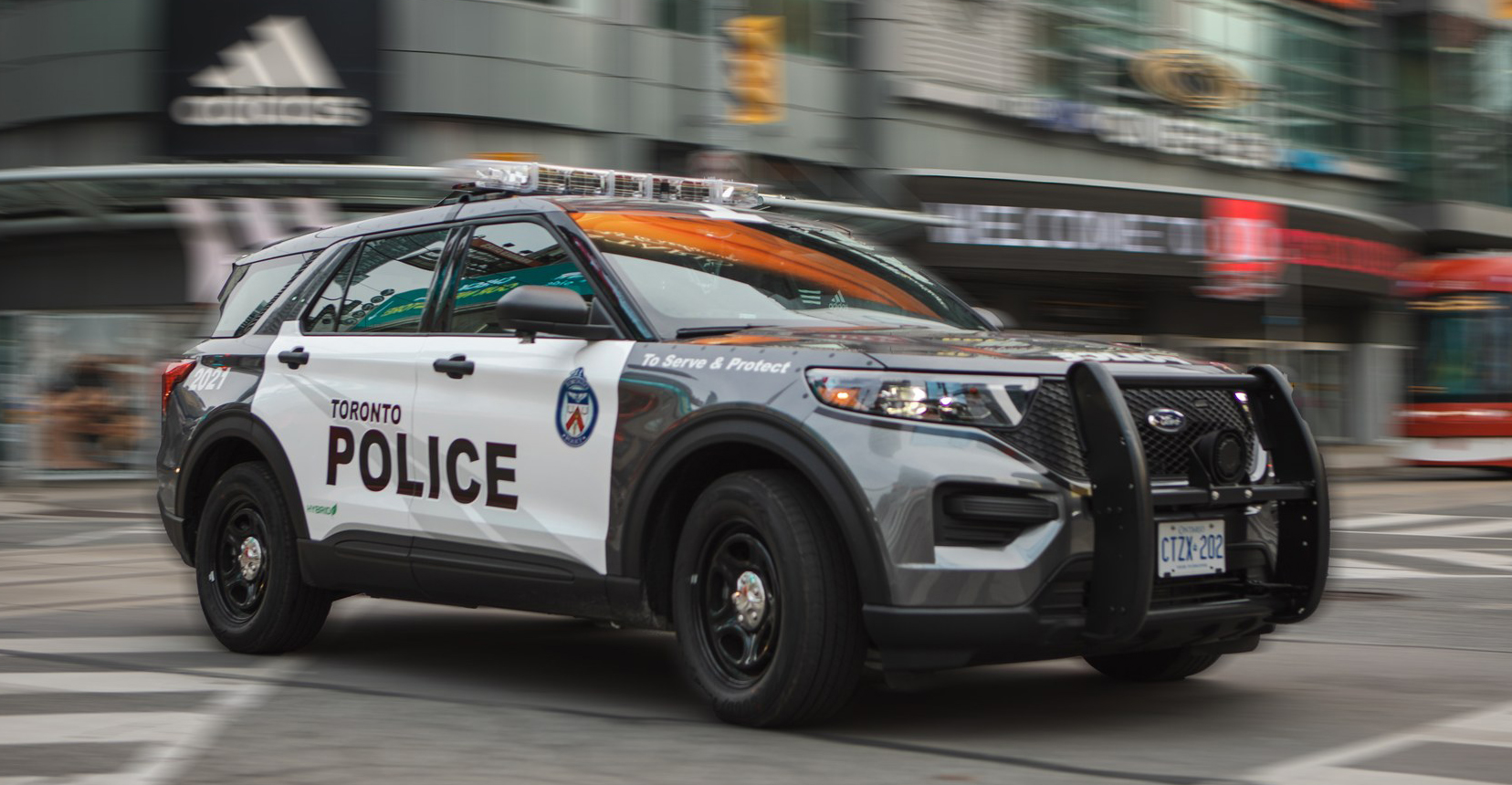
Police warn of 'distraction thefts' targeting Muslim community
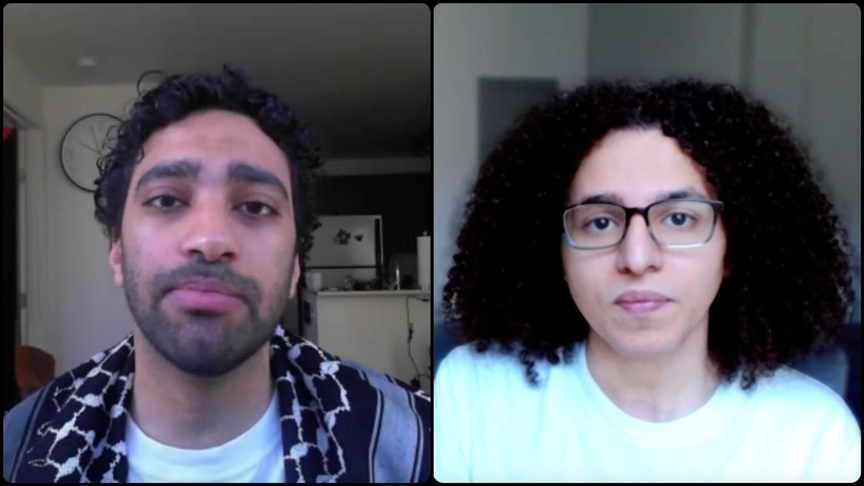
Fired Microsoft employees accuse company of enabling Israel’s attacks on Gaza
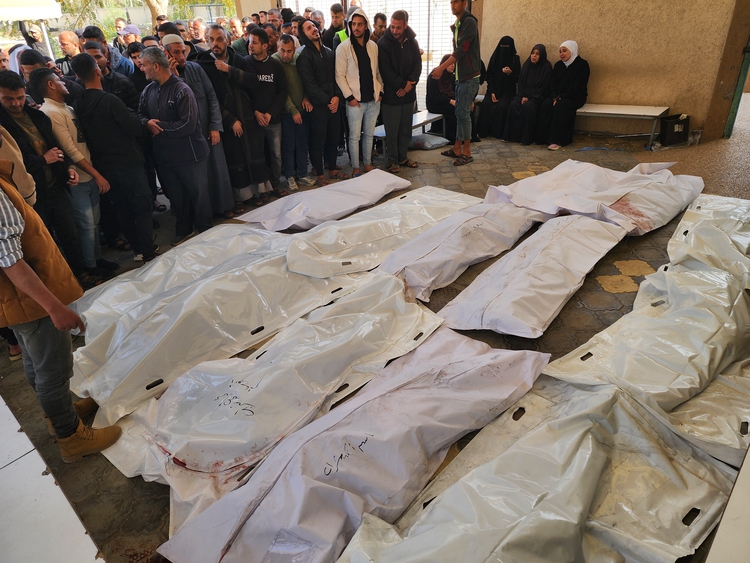
Gaza death toll tops 51,100 as Israeli army kills 92 more Palestinians
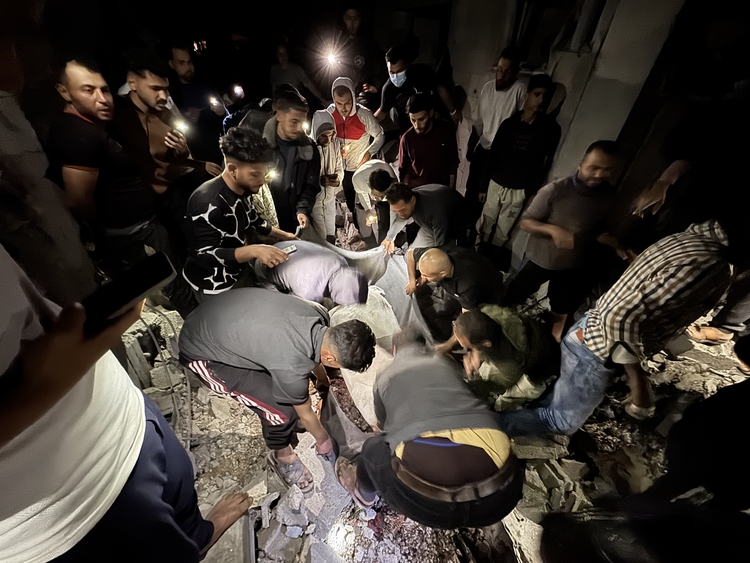
Gaza death toll passes 50,500 mark amid ceaseless Israeli attacks
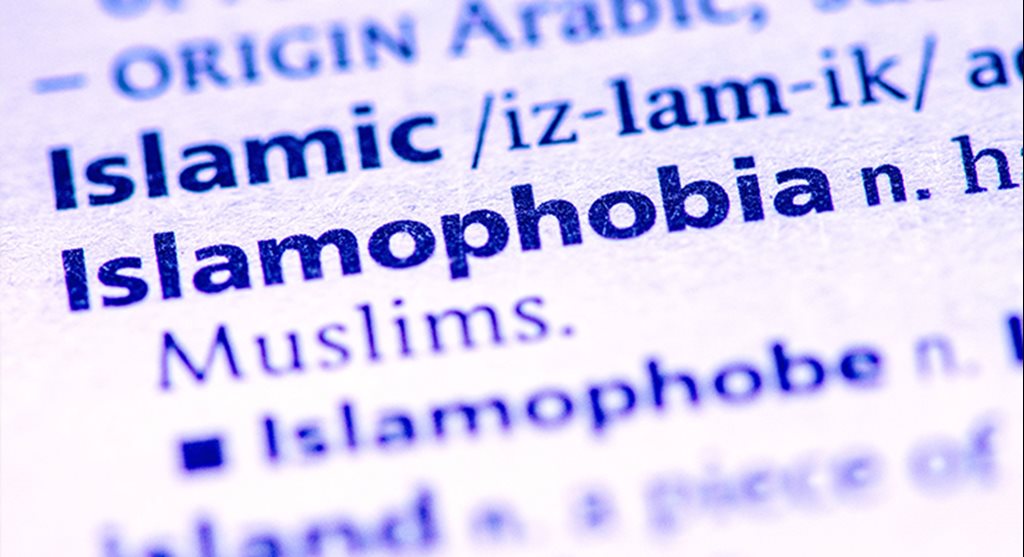
Islamophobia and anti-Palestinian racism in Canada higher than after 9/11, warns expert
